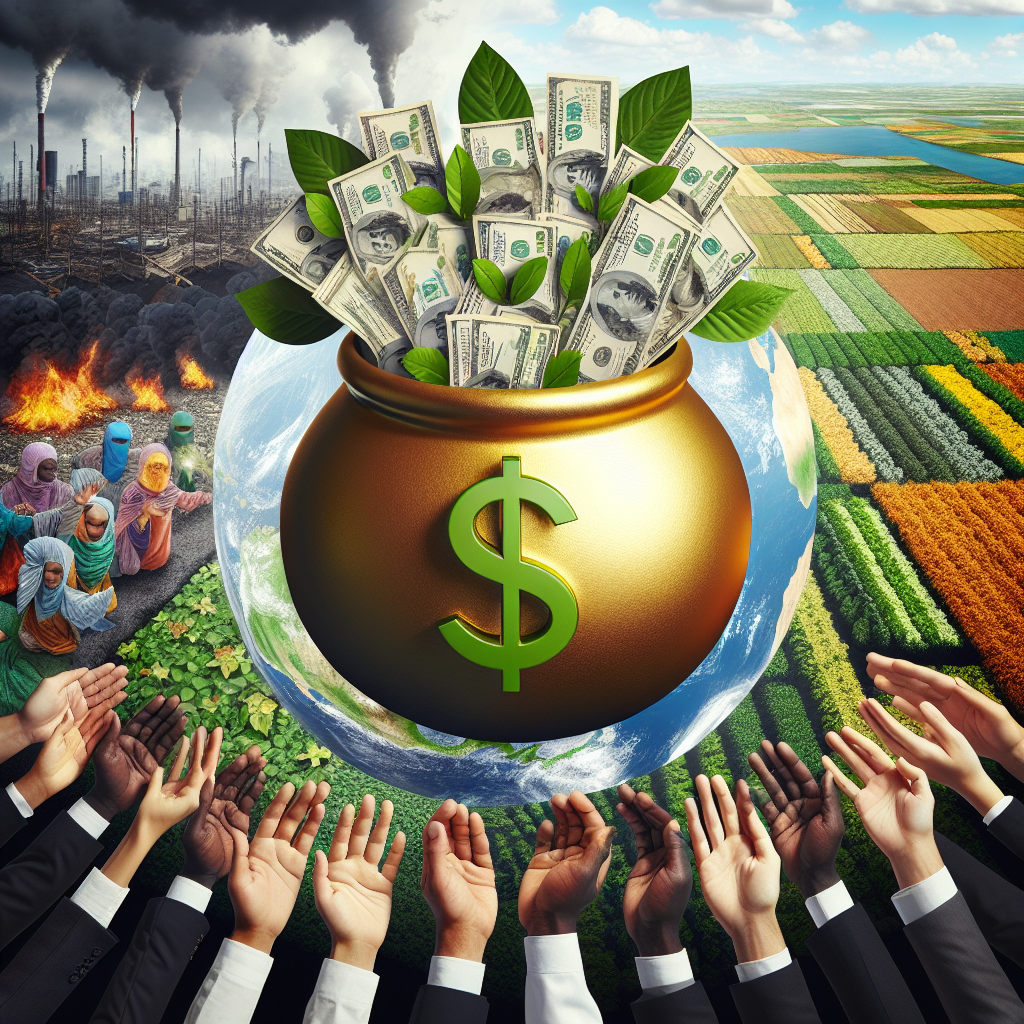A new report from the UN Refugee Agency (UNHCR), produced in collaboration with 13 expert organizations, research institutions, and refugee-led groups, underscores the escalating dangers faced by people fleeing war, violence, and persecution due to the worsening climate crisis. The report, titled No Escape: On the Frontlines of Climate Change, Conflict, and Forced Displacement, highlights how millions of displaced people are increasingly at risk from climate-related hazards that compound the perils of conflict and displacement.
Climate Change Intensifies Risks for Displaced Populations
With over 120 million people forcibly displaced worldwide, a staggering 75% reside in regions significantly affected by climate change, and half of these individuals are in areas beset by both conflict and extreme climate events. Countries such as Ethiopia, Haiti, Myanmar, Somalia, Sudan, and Syria illustrate how the interplay of violence and climate hazards is worsening conditions for vulnerable populations.
In Sudan, for example, the conflict has displaced millions, with 700,000 people seeking refuge in neighbouring Chad. However, Chad itself faces extreme climate exposure, further stretching resources for both local and displaced populations. For the 72% of Myanmar’s refugees who have crossed into Bangladesh, the climate threat remains high, as natural disasters like cyclones and floods compound the challenges they already face.
The report projects a troubling future for displaced communities: by 2040, the number of countries facing extreme climate-related hazards is expected to increase from 3 to 65, with refugee camps and settlements likely to endure twice as many dangerously hot days by 2050.
Call for Climate Financing and Adaptation Support
During COP29 in Baku, Azerbaijan, UNHCR is pushing for critical climate finance reform to address the unique needs of displaced people. At present, extremely fragile states receive an average of only $2 per person in annual climate adaptation funding, a drastic contrast to the $161 per person allocated in non-fragile states. Additionally, 90% of adaptation investments in fragile states are directed toward capital cities, leaving rural and refugee-hosting communities vastly underserved.
UN High Commissioner for Refugees Filippo Grandi highlighted the "deep injustice" inherent in the current climate crisis. "The climate emergency is profoundly unfair: those least responsible for emissions are facing the worst impacts. Refugees and the communities hosting them, especially in fragile states, have little access to the funds needed to adapt to climate shocks. Humanitarian aid alone cannot bridge this gap," Grandi said.
Grace Dorong, a former refugee and climate activist from South Sudan, echoed this sentiment, emphasizing that those most affected by forced displacement and climate change are eager to be part of the solution. "We see the effects of climate change before our very eyes. Decision-makers need to understand that if unaddressed, forced displacement will continue to rise. But if they listen to us, we can help forge a way forward."
Urgent Action Needed at COP29
UNHCR’s report calls for an increase in climate finance specifically targeted at vulnerable communities and urges governments to ensure that displaced populations have a voice in policy decisions. With the threat of climate disasters looming, the agency stresses the need for adaptable solutions that recognize the particular vulnerabilities of forcibly displaced people.
As climate-related displacement continues to grow, UNHCR is advocating for policy changes that prioritize at-risk communities and emphasize local resilience-building. The agency aims to ensure that COP29 discussions translate into action for the millions of displaced individuals caught at the intersection of climate change and conflict. Grandi concluded, “The solutions are within reach, but without urgent action and significant financial support, displaced people will remain trapped in a worsening cycle of vulnerability.”











